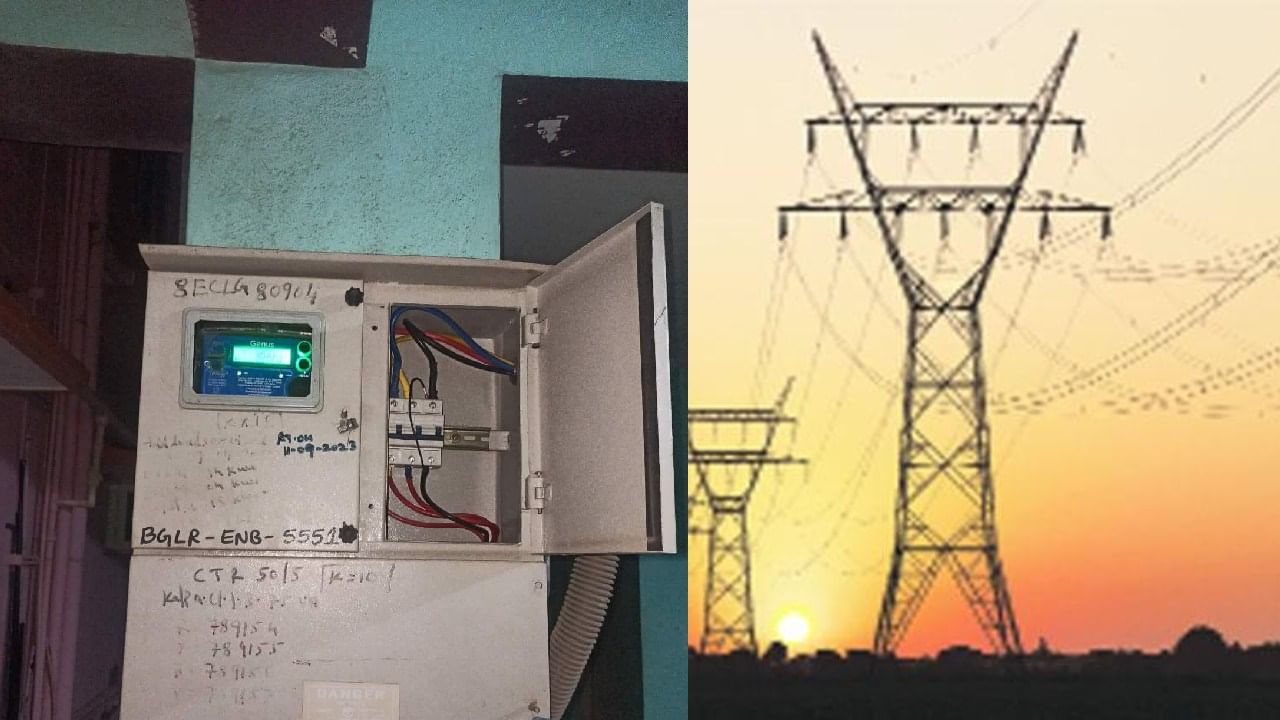Chennai: The Tamil Nadu government has categorically denied rumours about an impending electricity tariff hike, putting to rest widespread speculation about increased power costs. Electricity Minister SS Sivasankar issued a firm clarification today, asserting that domestic electricity charges would remain unchanged and all existing concessions, including the popular 100-unit free electricity scheme, would continue without interruption.
This statement comes in response to circulating reports suggesting the Tamil Nadu Electricity Regulatory Commission (TNERC) was preparing to implement a 3.16% tariff increase effective July 1.
Government Reiterates Commitment to Consumer Protection
The Minister’s clarification emphasized three key points: domestic consumers would not face any increase in their electricity bills, the free electricity scheme for consumption up to 100 units would remain in force, and all current concessions would stay unaffected.
This marks the second time in recent weeks that the administration has had to address such rumours, following similar assurances issued on May 20, 2025. The government’s proactive communication strategy appears aimed at preventing unnecessary panic among citizens, particularly as misinformation about utility price hikes often gains rapid traction on social media platforms.
Operational Challenges Versus Consumer Welfare
Behind the scenes, the Tamil Nadu Generation and Distribution Corporation (TANGEDCO) continues to grapple with significant financial pressures, including rising operational costs and distribution losses. While the power utility has reportedly been advocating for tariff revisions to improve its fiscal health, the political leadership has drawn a clear line when it comes to protecting household consumers.
The Minister’s statement specifically noted that even if TNERC were to issue any tariff-related orders in the future, Chief Minister MK Stalin has directed officials to implement them in a manner that shields domestic users from any adverse impact.
